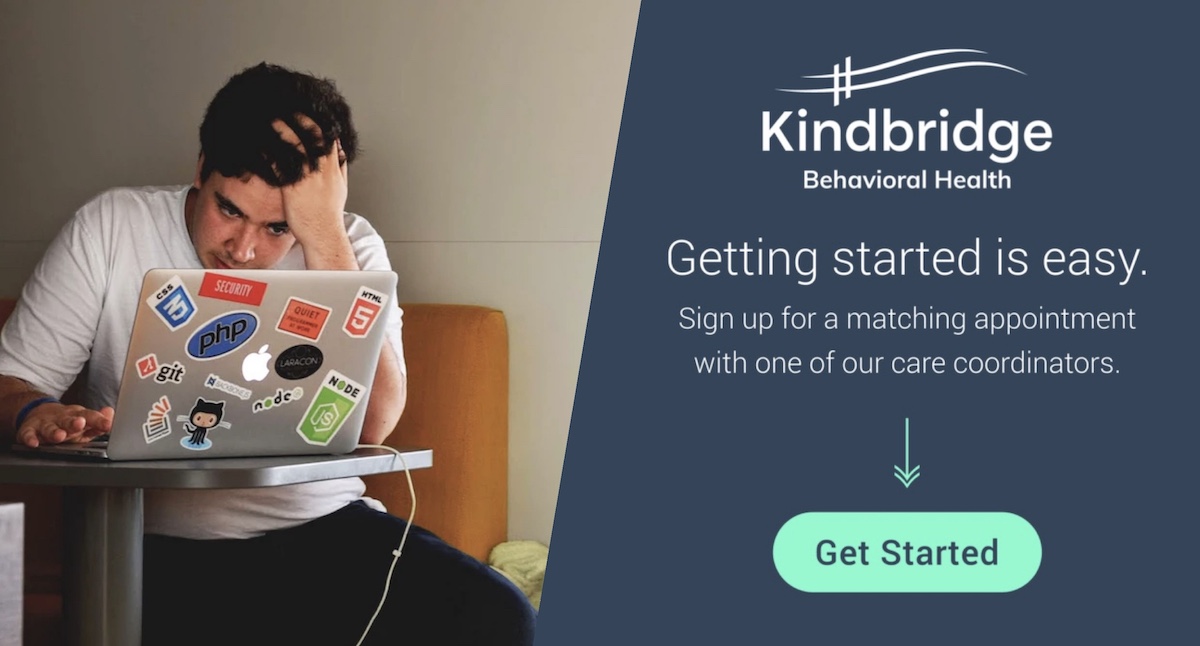For the uninitiated, NoFap is an anti-masturbation movement backed by supporters who purport that avoiding masturbation for prolonged periods has many ethereal, physical, and mental health benefits, including decreased pornography use. Consequently, some see it as a way to stop compulsive porn consumption.
We’re not here to discuss, affirm, or refute merits of masturbation abstinence. Instead, we’re here to alert those who are considering it as a solution to a problematic relationship with porn. For individuals who actually exhibit signs porn addiction, mental health is not adequately addressed by the NoFap movement nor masturbation abstinence alone. It’s akin to a problem gambler not visiting a casino (one facet of his/her disorder) for a few months. While there may be some benefit in taking a time out, the inaction doesn’t address the underlying issue. If habitual consumption of pornography has a grip on your life and you’re considering NoFap, read ahead to make a more informed decision.
How the NoFap Masturbation Abstinence Movement as a Means to Treat Porn Addiction Neglects Mental and Behavioral Health
Excessive Masturbation is the Symptom, Not the Disorder
If you’re considering masturbation abstinence as the means to correct your porn habit, you’re only taking a time out from a symptom. You need to focus on the disorder itself, if it is one. Let’s first look at whether or not you actually have a problem with porn consumption. If you exhibit some combination of the behaviors below, therapeutic interventions may need to be taken:
- You spend excessive periods of time (hours or days) searching for and watching porn.
- You are unable to stop consuming porn after efforts have been made to pause it.
- You compulsively masturbate (including at work and away from home).
- You must Increase intensity or type of sexual content viewed to get the same arousal and stimulation as you did before.
- You lack interest in other activities (especially those you were once passionate about).
- You use alcohol or drugs while viewing porn.
- You lie to your romantic partner (as applicable) about consuming porn.
- You have expressed anger and defensiveness when asked by a partner (as applicable) to pause porn consumption.
- You have lost romantic and/or sexual interest in your partner (as applicable).
- You have become detached from friends and family.
- You feel shame after viewing porn.
- You violate workplace policies regarding consumption of elicit materials when on-premises.
- You solicite prostitutes to fulfill porn fantasies.
- You have been Increasing feelings of stress, anxiety, and depression that cooccur with your recent uptick in porn consumption.
It’s also important to evaluate any potential vulnerabilities to problematic porn consumption. Known risk factors include the following:
- You have co-occurring conditions such as ADHD, anxiety, bipolar disorder, chronic stress, depression, OCD, and/or PTSD.
- Family members have struggled chronic porn consumption (genetic factors matter).
- You have a co-occurring substance abuse disorder (alcohol and/or drugs).
- You’re in a profession where there is an association between individuals and problematic porn consumption. Both professional athletes and members of the military may be more vulnerable.
If any of the above points to a problem, you are encouraged to seek help from a professional who specializes (vs a general practitioner) in the treatment of porn addiction.
Compromised Mental Health by Depending on Masturbation Abstinence?
Let’s return to the discussion of potential NoFap mental health risks. Psychology Today reports on a study conducted by UCLA neuroscientists and London South Bank University psychology lecturers who found apparent adverse mental health effects of the movement.
One problem, which we address above, is related to the risk of relying on masturbation abstinence as the primary means of curbing porn consumption. Research found that participants were less likely to seek care from licensed professionals to treat unhealthy sexual behaviors. The other issue pertains to those who become deeply involved in NoFap’s online communities. As it turns out, “relapse” is associated with severely compromised mental health:
“Almost 30 percent of participants reported that they had experienced thoughts of suicide that they attributed to the “relapse” or failure at efforts to maintain abstinence, as defined by the reboot program. The more these individuals participated in these online groups, the worse they felt when they relapsed, and the more likely they reported having been told to hurt or kill themselves in these online forums, in response to a relapse […] Individuals who are participating in these forums and experiencing anxiety, distress, suicidal ideation, or sexual dysfunction should consider ceasing participation and seeking treatment from licensed health care providers.”
Psychology Today
Concerned About Your Relationship with Porn?
CALL +1 (877) 426-4258
OR


